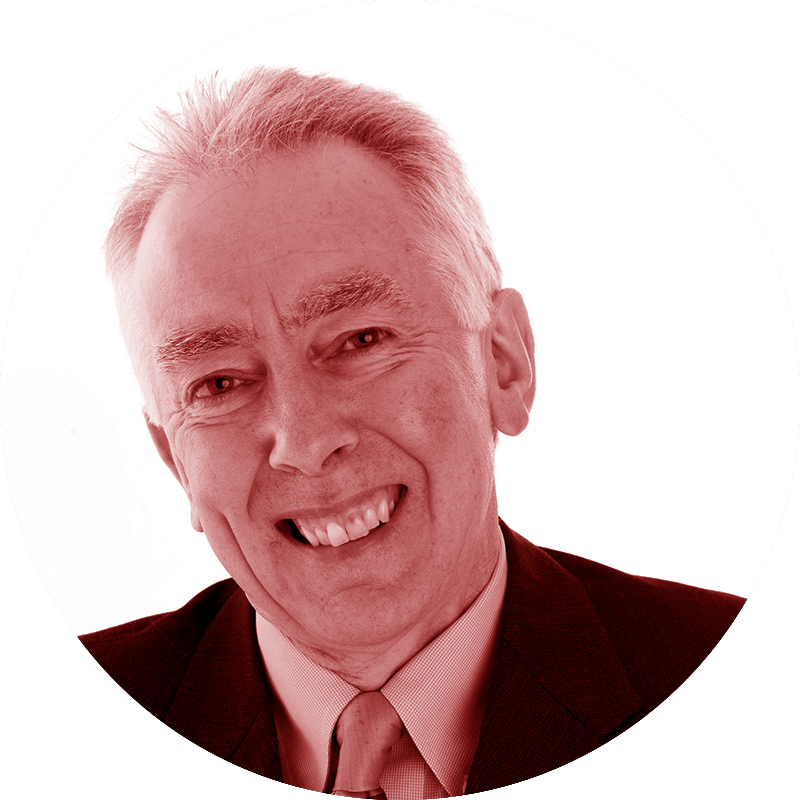Get to know the presidents of EURA
Gradually, from a small but ambitious networking initiative, EURA developed into a mature international organization. A crucial step in the evolution of EURA was the adoption of a EURA Charter in 2005. This provided the association with a formal constitution that set out, among other things, arrangements for electing a Governing Board and the roles and responsibilities of the President, the Governing Board and the EURA General Assembly.The current President of EURA is Filipe Teles from Portugal.
Since 1997, six individuals, from five European countries, have served as president, starting with Robin Hambleton from the United Kindgom, founding President of the European Urban Research Association.
2013-2017
Karsten Zimmermann
Dortmund Technical University, Germany
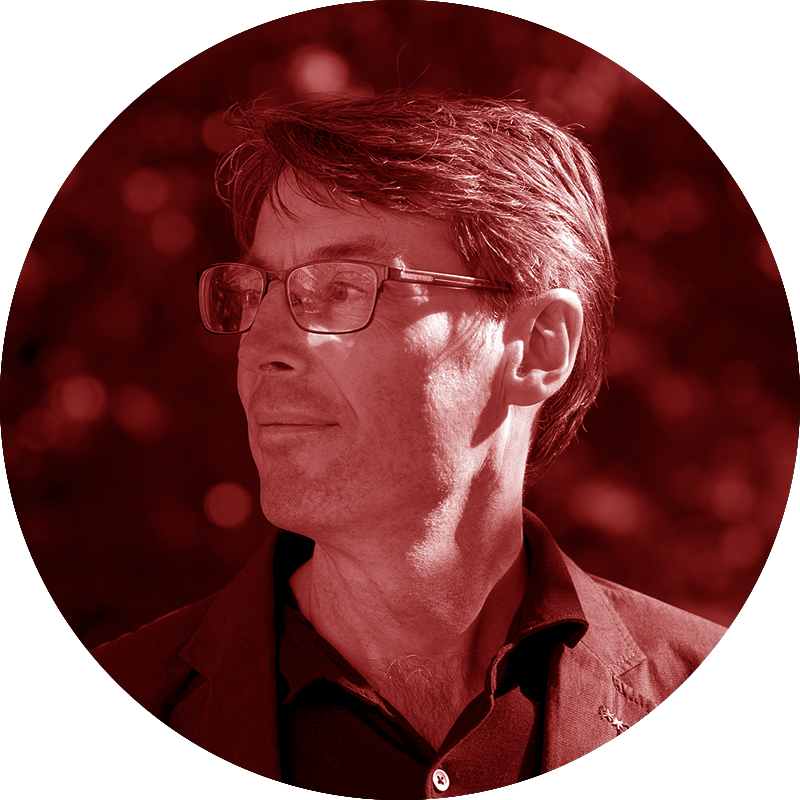
I remember well the moment when I was elected in Enschede, The Netherlands in 2013 where the annual EURA Conference was held. I acknowledge that so many established scholars trusted a younger colleague even though not all of them did know me well. Working with the colleagues in the Governing Board was a great pleasure.
Together with a small team in my department (Robin Chang and Eva Gehrmann in particular) we re-launched the website and invested much time in membership administration. During my term we strengthened relationships with the Association of European Schools of Planning (AESOP) – thanks to Izabela Mironowicz – and Urban Affairs Association (UAA) – thanks to Margaret Wilder.
We launched working groups on cities at the margins of Europe (chaired by Ignazio Vinci and Paula Russell) and on local state society relations (chaired by Hubert Heinelt). I remember also quite well that the journal (Urban Research & Practice) made good progress during that period – later I became the editor. The 20th anniversary of EURA that we celebrated in Warsaw in 2017 was a great moment for our association.
2010-2013
Hubert Heinelt
Darmstadt Technical University, Germany
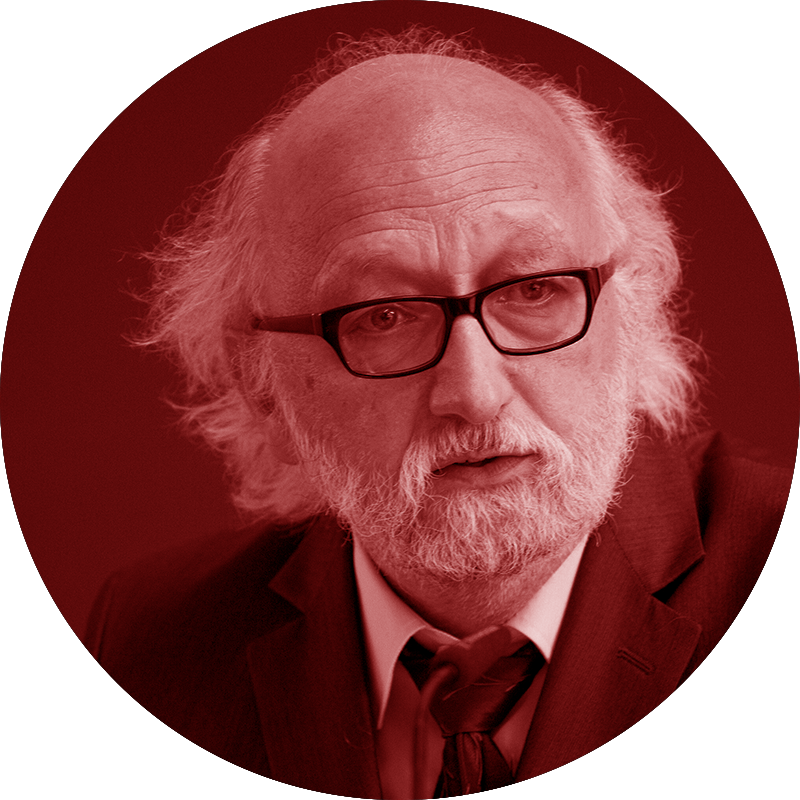
Being EURA president was a pleasure for me, because this organisation is something special. EURA brings together people from the academic world and from practice. This is summed up by the name of our journal: Urban Research & Practice
Moreover, EURA is a network of activists rather than a formal organization whose members expect their organization to do something for them. Instead, EURA members organize activities among themselves independently of the organization – and they do so with great success. Such activities consist – as mentioned by Pawel Swianiewicz before – not only of two projects funded by the EU through its Framework Programmes and surveys of local political actors. In addition, EURA members have been successful in applying for joint research projects co-funded by two or more national governments or national funding agencies.
Yet despite these remarkable successes in linking EURA members in collaborative research activities, EURA was until 2012 formally not a legal entity: the collection of membership fees and the postal distribution of a printed newsletter for members, as well as the publishing of Urban Research & Practice was done out by the University of the West of England (UWE). This changed – or had to be changed – when UWE was no longer willing to take on these tasks for EURA and, in addition, the contract with Taylor & Francis for the publication of Urban Research & Practice had to be renewed. After some discussions (on two general assemblies) the members agreed on a charter and EURA was registered in 2012 as an association under German law. On this basis, it was now possible for EURA to sign a contract with Taylor & Francis itself for publishing of Urban Research & Practice.
At the same time, the administration of EURA moved from UWE to the Technical University of Darmstadt. These tasks were taken over in succession by Marta Lackowska, Sönja Löber and Sylvia Pannowitsch, who were employed in my research unit at the Institute of Political Science. Marta, Sönja and Sylvia were also the ones who replaced the printed newsletter sent by regular post by a newsletter sent as a PDF by email to the members. Sönja also took care that EURA presented itself with a state-of-the-art website.
Finally, under my presidency, an agreement was concluded with the Standing Group on Local Government and Politics of the European Consortium for Political Research (ECPR) to hold a joint annual Summer School for PhD students. This activity has since then become a central pillar of EURA as a self-dependent organisation.
2005-2010
Pawel Swianiewicz
Wrocław University of Environmental and Life Sciences
During his term as EURA President: University of Warsaw, Poland
During his term as EURA President: University of Warsaw, Poland
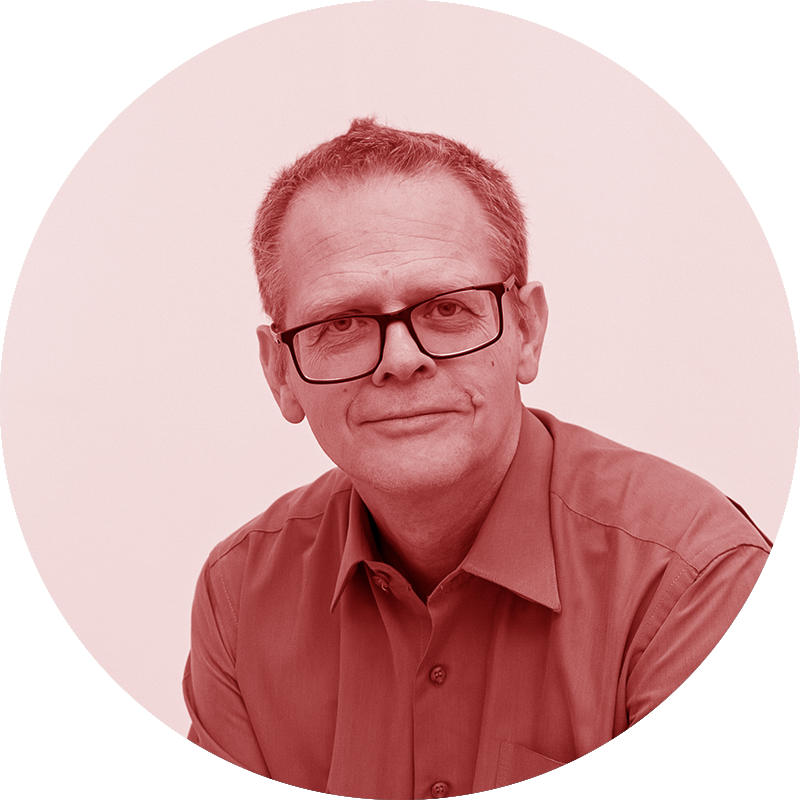
My memories of running the association in 2005-2010 period are extremely good. It was a hard work, keeping me busy – in particular writing editorials for EURA Bulletin was sometimes hard - but nothing is too hard is you work with and for your good friends. Apart of being EURA President I had an occasion to host EURA conference in Warsaw in 2006 (the next Warsaw event in 2017 was managed by my younger colleagues). EURA has never been a very big organization, but we have been working together effectively through various networks.
During my term there have been several moments and events which seems to me worth reminding today. The international team originating from EURA has successfully applied for and implemented the project funded from EU 6th Research Framework. We have also organized pan-European survey of urban councillors which led to several valuable publications. In 2008 we started publication of our journal – Urban Research & Practice, which until now has built reputation of one of the most important journals on urban studies.
We initiated EURA Young Scholar Award for the best EURA conference paper prepared by PhD or graduate students. I remember also the celebration of the 10th anniversary of our organization. Last but not least the number of members (both institutional and individual) increased from 76 to 92 in 2008.
2002-2004
Jacob Norvig Larsen
Danish Building and Urban Research Department, Denmark
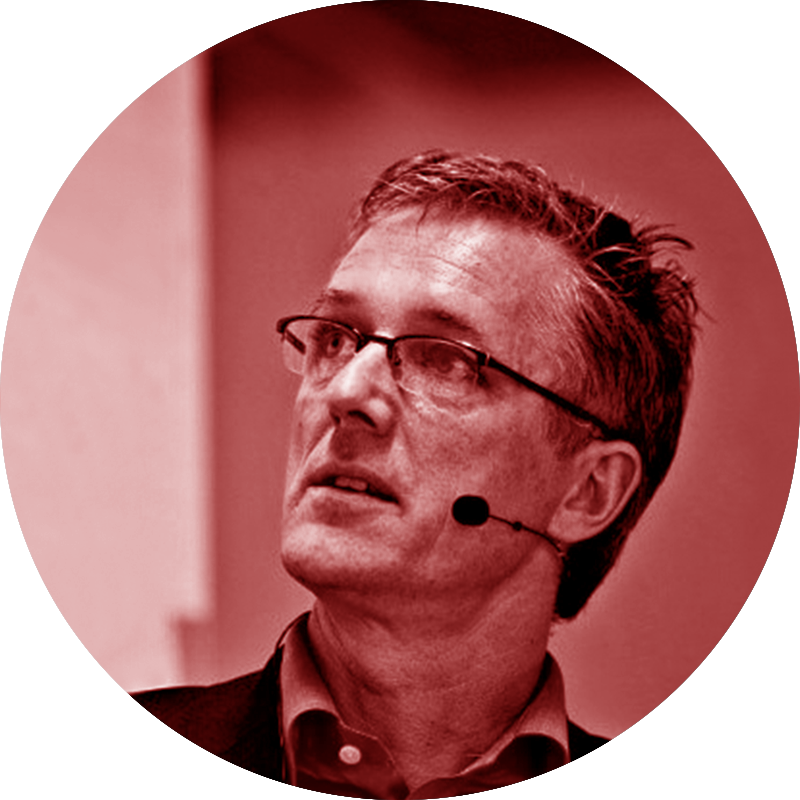
While EURA was still in its relatively early years I had the honour of presiding the association from 2002-2004. In Copenhagen we at Danish Building Research Institute were privileged to host the annual EURA conference in 2001, at that time the biggest EURA event ever and the first that benefitted from the participation of a number of urban scholars from across the Atlantic. Since then the links to Urban Affairs Association (UAA) in the US have grown stronger resulting in a range of co-organized conferences and other forms of cooperation.
From the beginning, one of the main aims of EURA was, and still is, to develop networks and bring together urban scholars from all over Europe. One major step in this endeavor was the 2003 EURA conference held in the beautiful city of Budapest. For the first time a EURA conference brought together urban scholars from the East and West as well as the South and North of Europe.
As president I benefitted from taking over a EURA in growth where new members, individual as well as institutional, kept coming in and EURA events kept growing in size and quality. This was not least thanks to a firm, reliable organizational base in the form of the professional and qualified EURA secretariat competently run by Julie Triggle at the University of the West of England.
1997–2002
Robin Hambleton
University of the West of England, United Kingdom
